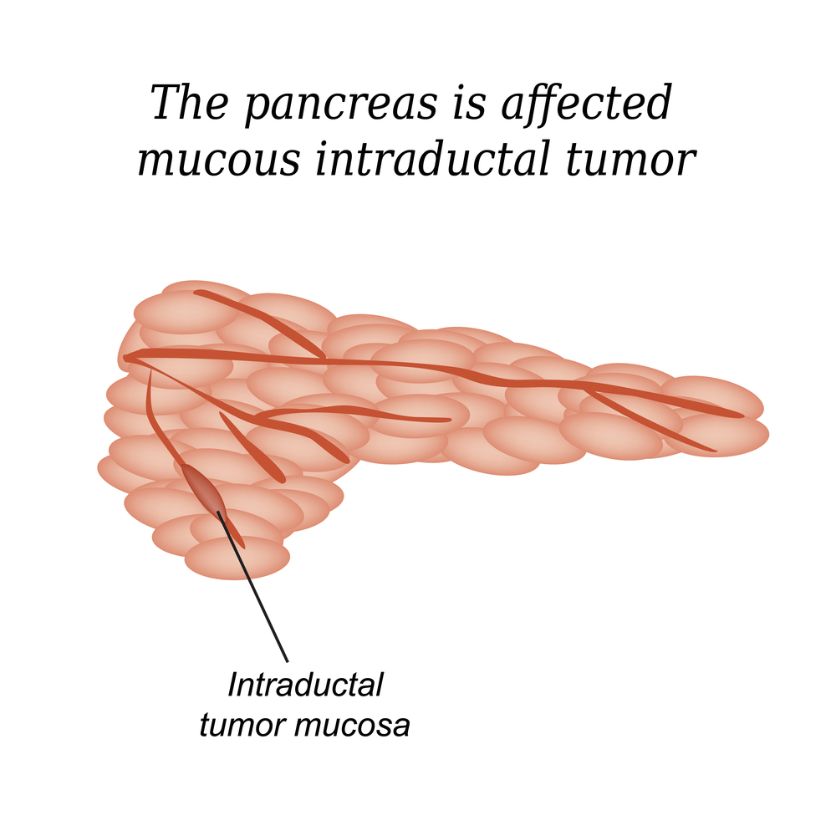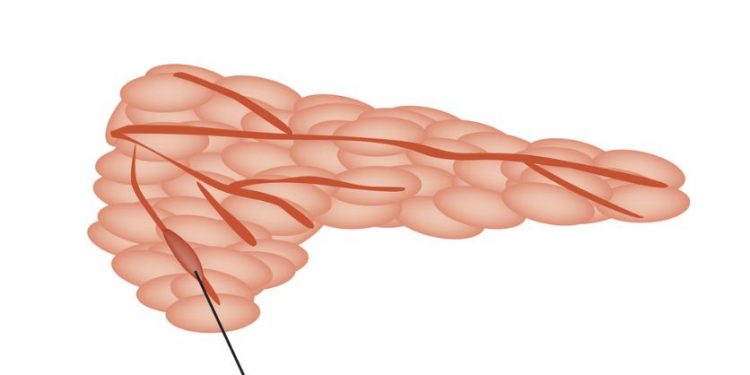Symptoms of exocrine pancreatic insufficiency (EPI) are caused by the pancreas’ inability to produce adequate digestive enzymes. Without the right amounts of these digestive enzymes, it is difficult for the body to absorb important vitamins and minerals, which provide the body with the energy it needs.
The symptoms of EPI may vary from person to person. It can cause weight loss, bloating, diarrhea, or even muscle cramps. The condition can also lead to nutritional deficiencies. Patients with EPI often have problems absorbing fats and vitamins from their food. If these nutrients are not properly absorbed, it can affect vision and bone health.
It is difficult to diagnose EPI, but the first step is a physical exam. If the doctor suspects EPI, he or she will order tests that will measure the function of the pancreas. These tests may include a fecal elastase test or a 72-hour fecal fat test. The fecal elastase is a test that will look for the presence of an enzyme that is responsible for digesting foods. The fecal test will also require a sample of the bowel movement.
If the doctor finds a fecal elastase level that is too low, the patient may be prescribed medications to help restore the pancreas’ enzyme production. In addition, the doctor will recommend dietary changes to help the patient manage his or her symptoms. A nutritionist can also play a key role in managing this condition. He or she can work with the patient to make sure that the diet is balanced and provides the patient with all of the nutrients he or she needs.

Some people with EPI may not have any symptoms at all until they are in the advanced stage. When most of the pancreatic enzymes are destroyed, the symptoms become much more severe. In these cases, the patient may need a protein pump inhibitor. Alternatively, a stent may be implanted to improve the flow of enzymes out of the pancreas.
Other common symptoms of exocrine pancreatic insufficiency include dry skin, excessive flatulence, and dizziness. These symptoms can be very uncomfortable and may result in depression. Having a support group is also helpful.
When a patient has EPI, the doctor may recommend taking certain medicines to help relieve pain, including nonsteroidal anti-inflammatory drugs (NSAIDs). These drugs are considered safe to use in the short term. However, prolonged use can lead to the development of peptic ulcers. During this time, a nutritionist can also advise the patient on which foods to eat to get the nutrients he or she needs. If the patient does not have symptoms of EPI, the doctor may not recommend a test. This can result in an incomplete diagnosis.
If a patient has symptoms of EPI, the doctor will need to rule out other conditions that can cause similar symptoms. These other conditions may include celiac disease, cystic fibrosis, and autoimmune disorders. These conditions can all cause inflammation in the pancreas. The doctor can also prescribe medications that are most likely to benefit the patient.









